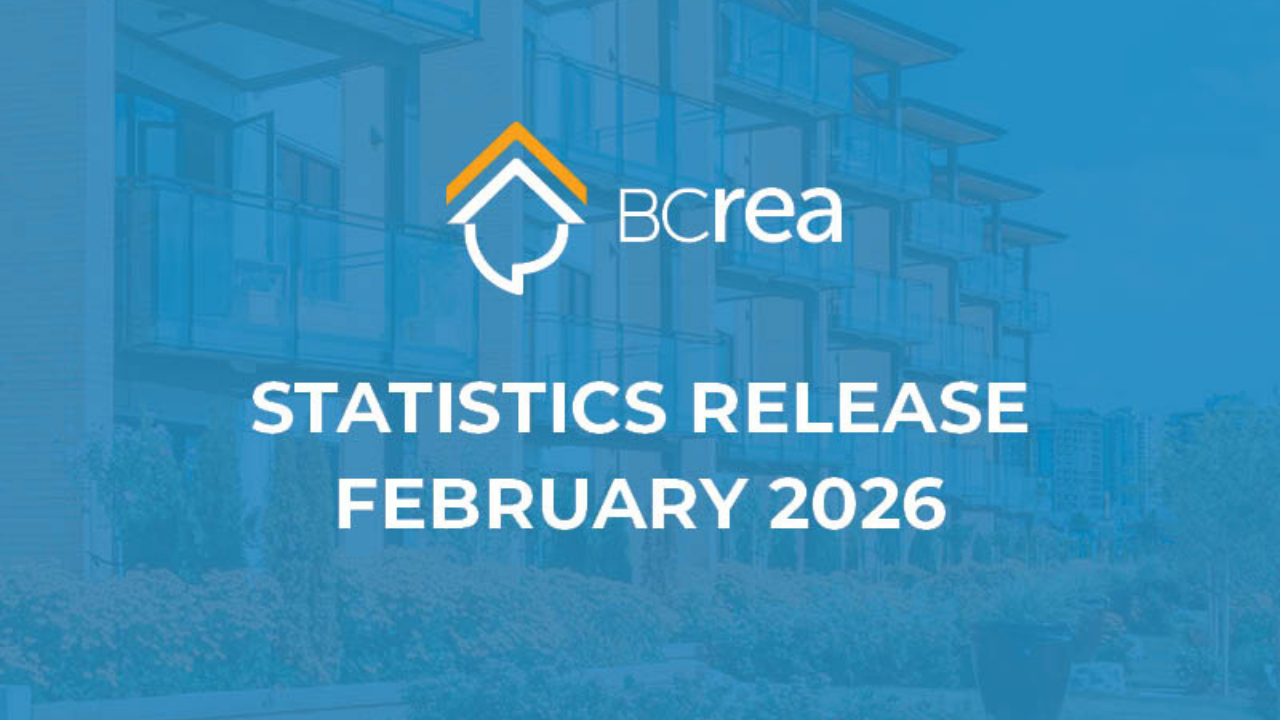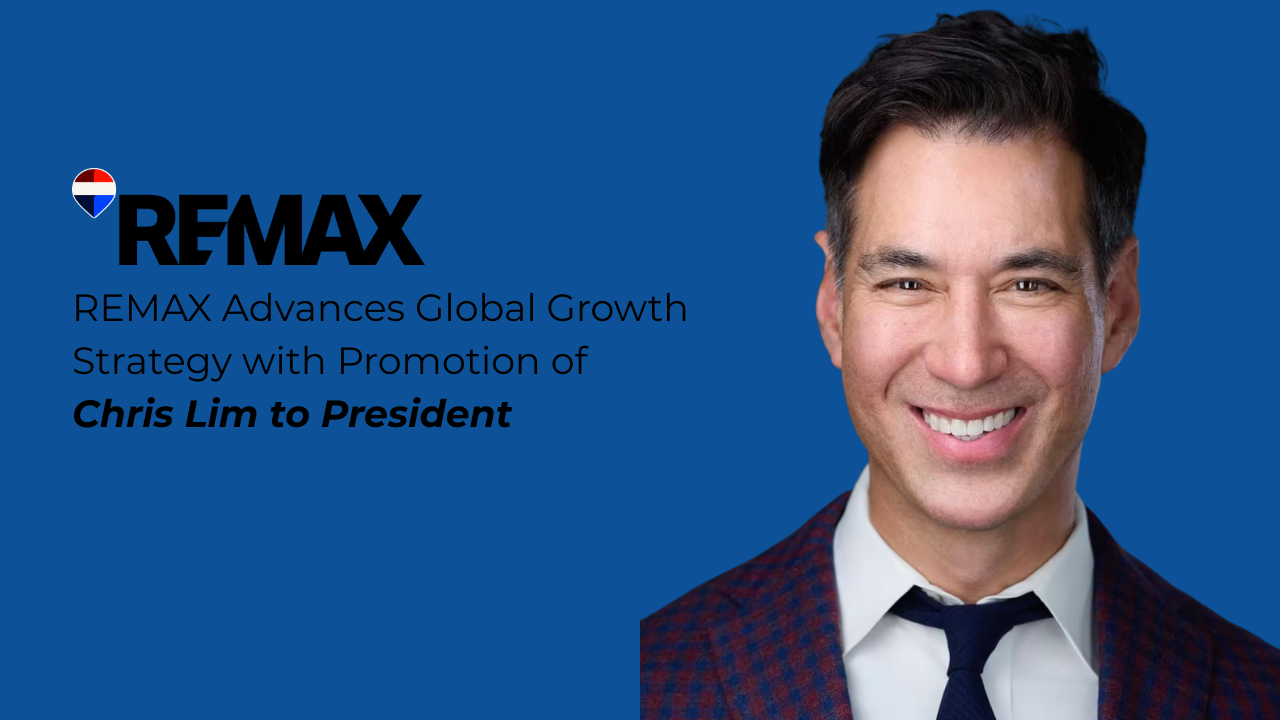Everything Rises and Falls on Leadership, John C. Maxwell.
While social media spun into chaos yesterday, I made a conscious decision to take a different approach, one inspired by the world of sports. In that arena, it’s often advised to wait 24 hours after a tough loss before speaking publicly. Emotions cool, perspective sharpens, and clarity emerges. That same principle seemed fitting here. In the face of industry uncertainty, confusion, and frustration, I chose reflection over reaction. Today, I feel more prepared to share my thoughts, not just about what happened, but about what we can learn and how we move forward as an industry.
For myself, it is all about options and solutions. Period. Cut the drama, eliminate the chaos, stop the spreading of misinformation and let legal take care of the rest. The integrity of Ontario’s real estate industry is at stake and its under a microscope by media to jump right in and define it by creating a new negative narrative on any thing they can find.
Yesterday, August 14, 2025, the lives of 2,400 people were negatively impacted by the actions of their leadership. For some, their first transaction may have closed that very day, with many more to come in the months ahead.
The integrity of Ontario’s Real Estate Industry depends on the public’s trust that brokerages will manage consumer deposits and trust accounts responsibly. When that trust is broken, the consequences can be severe, not only for consumers and agents, but for the credibility of the entire market. The Real Estate Council of Ontario (RECO), as the industry regulator, has a critical responsibility to ensure that all brokerages operate transparently, ethically, and in full financial compliance. One of the most effective ways to do this is through the implementation of regular, randomized, and risk-based financial audits across the sector and in my opinion with some kind of consistency.
Currently, financial oversight within brokerages is often reactive, triggered by consumer complaints or scheduled inspections that may take place years apart. This model leaves significant room for prolonged mismanagement to occur undetected. By contrast, a proactive audit system, comprising both scheduled and surprise reviews, would reduce opportunities for non-compliance and encourage brokerages to maintain strong financial practices at all times. Regular audits serve as both a deterrent and a safeguard, ensuring trust accounts are properly managed, deposits are protected, and commissions are processed in accordance with the law.
For consumers, real estate transactions often involve the largest financial commitments of their lives. They place deposits in the care of brokerages expecting that these funds are securely held and properly accounted for. A lack of rigorous oversight exposes consumers to the risk of financial loss, delayed closings, or transaction failures. Mandatory auditing of brokerages provides an additional layer of protection, helping to detect irregularities before they escalate and ensuring that client funds are not misused or misplaced.
This was certainly the year to ‘ double down ‘ on audits, every Brokerage in Canada should be required to have one.
Equally important is the need to protect real estate professionals who operate with integrity. Most agents and brokerages across Ontario are compliant, ethical, and diligent in meeting their responsibilities. However, when systemic failures occur, even in isolated cases, it casts a shadow over the entire industry. Strengthened oversight through regular audits creates a level playing field where compliant brokerages are recognized and rewarded, and those that do not meet standards are held accountable.
To further strengthen the system, RECO should consider requiring brokerages to submit quarterly, CPA-certified trust account reconciliations using standard formats. A centralized compliance dashboard in a Brokerage Portal on the RECO website could be introduced to flag financial anomalies such as late commission payments, sudden changes in trust account balances, or increased consumer complaints. Brokerages showing risk indicators could then be subject to enhanced oversight, including more frequent audits or mandatory internal compliance reviews.
Additionally, increased transparency is essential. RECO could implement a public rating or reporting system that shares brokerage compliance performance with consumers and professionals alike, similar to health inspection grades in other sectors. This would foster consumer confidence and promote a culture of accountability and continuous improvement within the industry. We must look more seriously into this.
Finally, enhanced financial literacy and compliance training for brokerage owners and managers is vital. By offering standardized bookkeeping systems and mandatory professional development in trust accounting and financial governance, RECO can help brokerages build internal systems that reduce risk and strengthen operational resilience. When I began in the industry over 30 years ago, we had a handful of Brokerages to choose from. In Ontario alone, I believe now we have 1000s , many whom are new or newer.
A shift toward regular, structured, and data-informed audits is not only necessary, it is essential for the long-term health of Ontario’s real estate market, in fact even across Canada. Proactive regulation ensures that consumer funds are protected, agent livelihoods are preserved, and the overall reputation of the industry remains strong. By adopting these recommendations, RECO has the opportunity to lead the way in setting a higher standard for real estate governance across the province and across Canada.
And let’s not forget the livelihood of real estate professionals. For many REALTORS®, every transaction represents not just a client’s home purchase or sale, but their own income, stability, and ability to provide for their families. They invest countless hours building trust, managing complex negotiations, and guiding clients through one of life’s biggest decisions, often without upfront compensation. When systems fail, and commissions are delayed or withheld, it’s more than an administrative issue; it’s a direct hit to their ability to pay bills, meet obligations, and maintain their businesses. Many are not financially prepared to absorb such disruptions, and they shouldn’t have to be. Protecting the financial pipeline for agents is just as important as protecting consumers, it all comes down to ensuring a fair, transparent, and accountable industry.
PERIOD.
Virginia Munden, Co-Founder BUZZ











